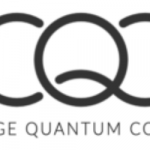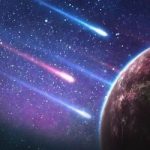Army-Funded Researchers Demo that Machine Learning Shows Potential to Enhance Quantum Information Transfer
(ScienceDaily) Army-funded researchers demonstrated a machine learning approach that corrects quantum information in systems composed of photons, improving the outlook for deploying quantum sensing and quantum communications technologies on the battlefield.
When photons are used as the carriers of quantum information to transmit data, that information is often distorted due to environment fluctuations destroying the fragile quantum states necessary to preserve it.
Researchers from Louisiana State University exploited a type of machine learning to correct for information distortion in quantum systems composed of photons. Published in Advanced Quantum Technologies, the team demonstrated that machine learning techniques using the self-learning and self-evolving features of artificial neural networks can help correct distorted information. This results outperformed traditional protocols that rely on conventional adaptive optics.
“We are still in the fairly early stages of understanding the potential for machine learning techniques to play a role in quantum information science,” said Dr. Sara Gamble, program manager at the Army Research Office, an element of U.S. Army Combat Capabilities Development Command, known as DEVCOM, Army Research Laboratory. “The team’s result is an exciting step forward in developing this understanding, and it has the potential to ultimately enhance the Army’s sensing and communication capabilities on the battlefield.”



















